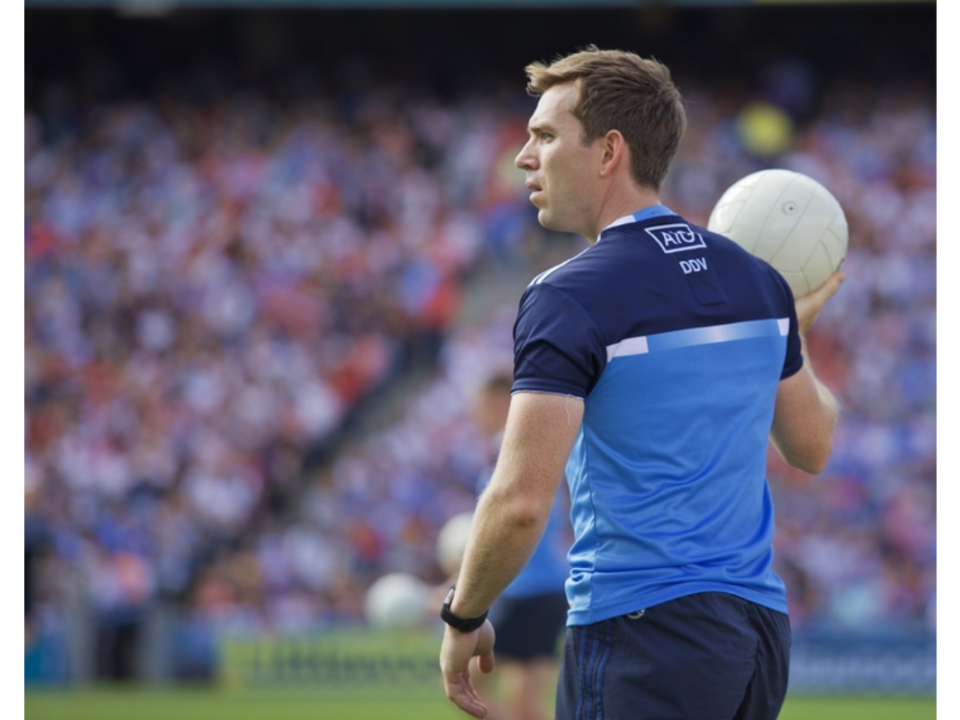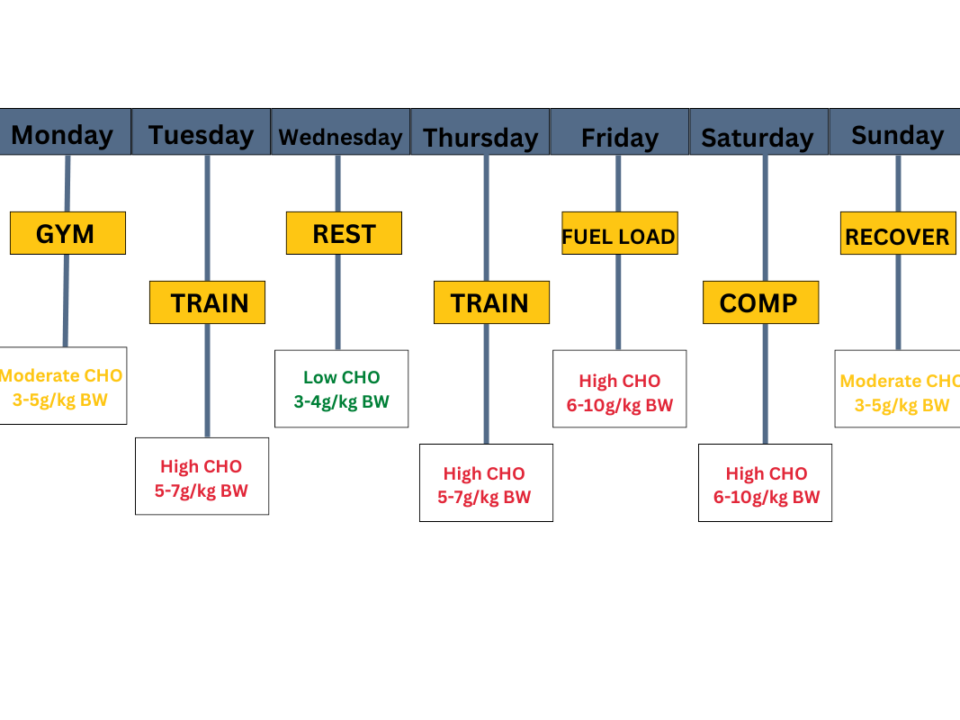Are you really ready to change?
It’s an important question, changing anything about you or what you do takes time, energy, thought, planning and effort. Even the smallest habits can take effort and I understand that.
A Personal Message
Writing these messages every week and sharing t
hem with you has been one of the most positive actions and activities I have done in some time.
Why? The process is helping clarify what I learn, think and what would be really helpful to you.
Why do I ask?
I ask about change because it’s really important to be in the right state of mind before you aim to take on a new habit or change an old one.
Often athletes and people who come to me or ask me questions have not given enough thought to what is involved in changing their habits or routine.
Understanding where you are in this process can be tremendously helpful in managing your expectations.
The science behind behaviour
The Transtheoretical Model of behaviour change gives a good
insight of a person’s mindset as they move through the stages of behaviour change.
I’ve also included my own stages in improving my sleep habit to give you an insight into how I have applied this model of behaviour change in my own life.
1. Pre-contemplation
A person has no intention to change a habit or an aspect of their behaviour. The person is uninformed about the consequences of their behaviour or they may have failed at previous attempts to change.
Up until 2015 I had no awareness of how poor my sleep habits were and how they were affecting my life.
2. Contemplation
In the contemplation stage a person is intending to make a change to their behaviour in the future. They have recognised that a change is required to their behaviour or lifestyle. There may still be an ambivalence to the behaviour.
After reading the book, The Power of Habit, and attending seminars relating to sleep, I realised that I needed to change my sleep behaviour.

3. Preparation
In this phase a person begins to take the small steps towards a change to their behaviour. This could involve making a plan or discussing the changes they need with an expert.
I began to review my sleep and recognise the inconsistency in my sleep patterns and habits by keeping a log of my sleep.
4. Action
A person is making the changes and aims to continue with the new habits, behaviours and routine. The person notices the positive changes in their behaviour.
I started changing my sleep behaviour by getting up at the same time every morning and going to bed at the same time every evening, as much as practically possible. I recognised that the weekends were a vital part of this.
5. Maintenance
This is the period where the person has maintained the change to their behaviour and aims to maintain this change into the future.
I noticed improvements in energy levels, mood and productivity and realised how important the change in my sleep pattern was in my life.
6. Termination
A person is sustaining their behaviour changes and does not intend to revert to their old habits or behaviours. They are recognising the physical and mental benefits of their consistent new habits. It doesn’t end here if you want to be consistent, you must continue to reflect on your habits and evolve your goals over time.
I continue to be aware of my sleep patterns and have created and maintained a new habit and can certainly see how the above process helped in achieving the habit consistently.
So are you really ready to change?
I encourage you to take time today or over the coming week to sit down and think about how this process of behaviour change could apply to you and achieve your goals!
Resources
The Power Of Habit Book
The Power Of Habit Blog post
Sleep – A critical daily investment for health and performance













